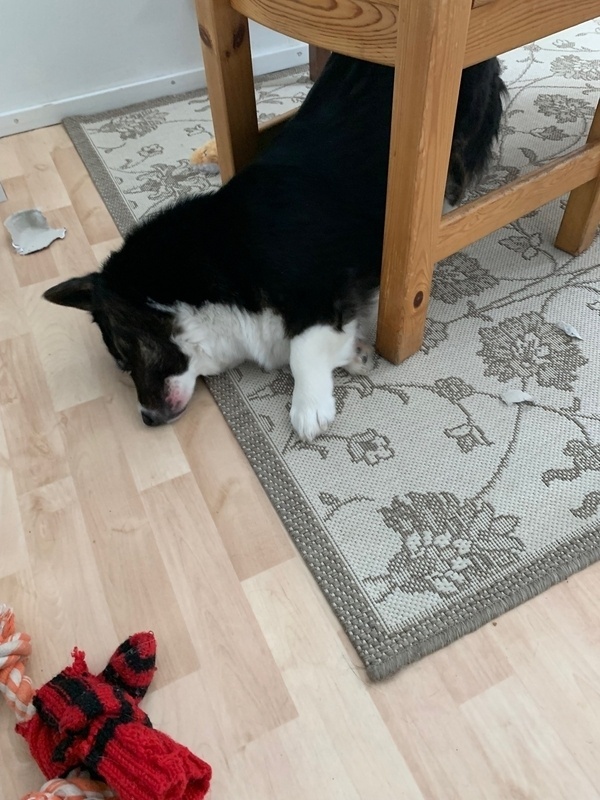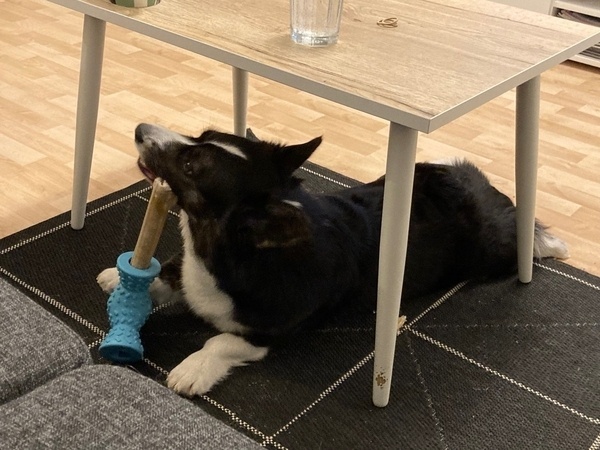HeyScottyJ - No PKM necessary
The concept of Personal Knowledge Management (PKM) is flawed in that it fails to recognize that there is more to knowledge management than simply collecting, storing, and organizing data. Rather, knowledge management is a process of transforming data into information and then into knowledge through the application of cognitive processes.
While PKM tools can be helpful in collecting, organizing, and connecting the information you gather, it is up to you to do something with that information to turn it into knowledge.
I agree with Eric’s point - and have made a similar one recently - just gathering and organizing information is not knowledge.
However, I feel that Scotty seems to throw out the baby with the bath water: Just because PKM tools are limited doesn’t mean that they are useless. Many people (like me) want or indeed need a writing surface to think. Finding a good writing surface makes a real difference and PKM tools can be an incredible writing surface.
Does this make them “necessary” for PKM? First, what actually is a PKM tool? A notebook? A piece of paper? An index card? A word document? The current crop of fancy note taking tools like Obsidian et. al. are mostly more sophisticated versions of simpler PKM tools that came before them. So I’d say if we just talk about “tools that help turn data into information and in turn into knowledge” (obviously not on their own, I’ll have to engage with the stuff in front of me) then, I’d say, they are indeed needed. If it is about the more sophisticated variants that have become popular over the last few years, then I think the question can be answered with a “no, but”. The “but” part here would make an argument about convenience but also elaborative power.
It can be very convenient to use a modern tool like Obsidian and although not strictly neccessary, working with it is just very nice. As is using an iPhone (in my experience) or a sharp knife. Having a nice tool, makes me want to use the tool more, therefore engaging me with what I have gathered before, which in turn makes it more likely that I’ll acquire knowledge in the process.
More sophisticated PKM tools have, generally speaking, more elaborative power. If I can view and connect an idea in many different ways with ease, I am engaging with the information at hand, making it more easily retrievable. In other words these actions make it more likely I learn how it fits with other things I know already. This is what learning is: trying to understand, trying to get at the ideas behind the information and finding a “fit” within the greater universe of concepts and ideas I already know. If I have a tool, that makes the grunt work easier - like creating links, making my notes portable and so on - I can actually focus more on engaging with the interesting things I have collected. That’s a good thing.
I’m also not sure that the PKM concept itself is not recognizing the importance of actually engaging with my data, as is claimed. I believe that people are aware. I for example was not surprised that PKM should do more than “just” organize data (but was surprised that Scott would think knowledge workers that have heard of PKM aren’t in the know) . I still think that there is a good point in here, that got buried though: No matter the sophistication of the tools used to engage with gathered information: I’ll have to do the leg work, which is what Eric took from it (and what I agree with).
In short: Sure, knowledge work doesn’t need sophisticated PKM tools, but it is tools that make knowledge, so I find it a little reductive to call a concept “flawed” and tools associated with it “unneccessary”, especially if it has lots of things to recommend itself.
P.S.: I would be on board with calling hype cycles around new technologies like “more sophsticated PKM tools” (or “LLMs” more recently) annoying, but these tools (both of them, actually) are not useless and shouldn’t therefore be so easily dismissed.










